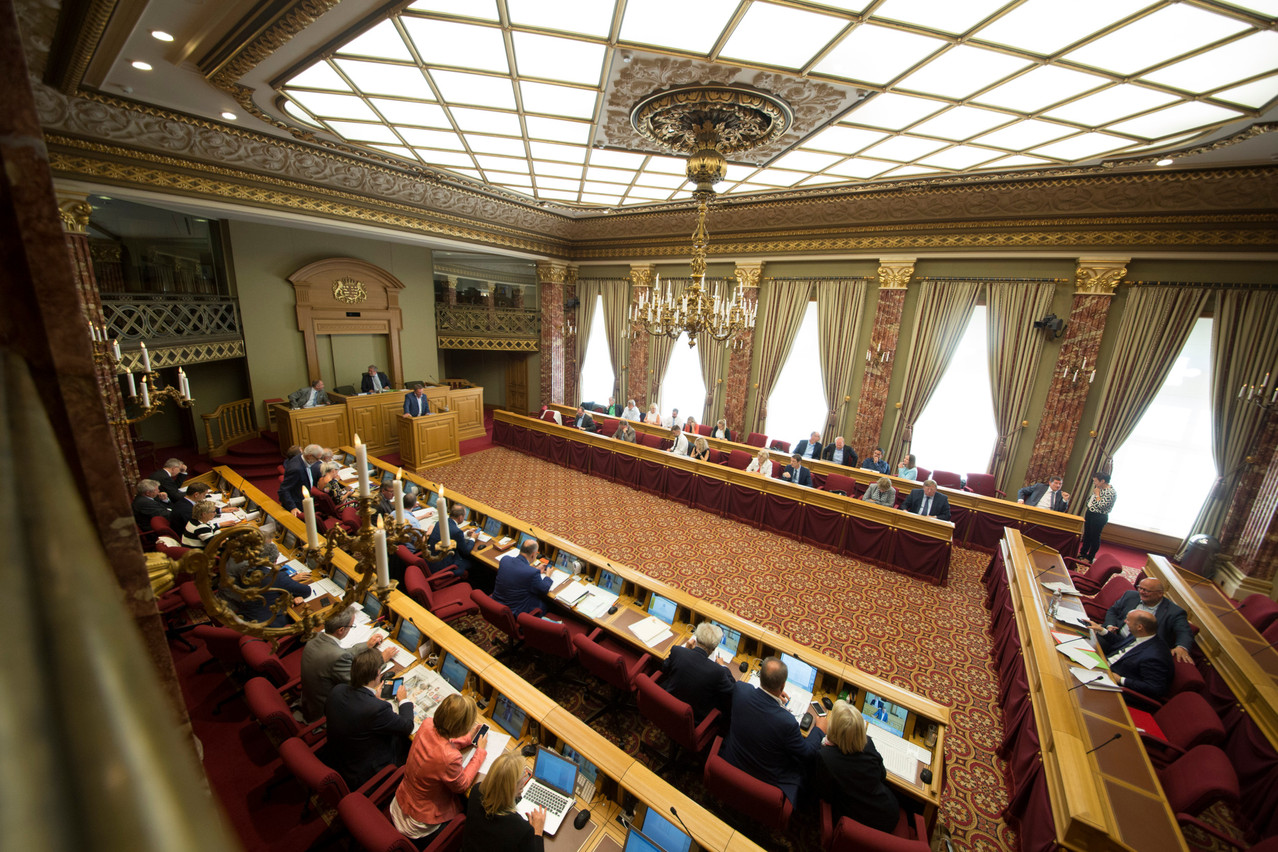This latest development follows the closure of the reform's first three chapters, on 20 October 2021 for the chapter on the justice system, 25 January 2022 for the chapter on state organisation and 9 March 2022 for rights and freedoms. Chapter four was adopted by MPs with 47 voting in favour, four against and two abstentions.
This fourth chapter--presented by rapporteur (déi Gréng)--covers the council of state and the chamber of deputies. “It strengthens the power of the latter vis-à-vis the government. For the first time, it is enshrined in the constitution that parliament controls the government,” explained (CSV), one of the rapporteurs of the four proposals for constitutional revision, along with (DP), (LSAP) and Margue. “The instruments available to [parliament] to do so are now also enshrined in the constitution. For example, the request for documents or the summoning of a minister.”
Strengthened parliamentary control
Other changes include the introduction of a citizens' legislative initiative. This is a new tool that would allow citizens to submit legislative ideas in a more precise and binding way than by means of a simple petition. It would also lower the threshold for the establishment of a parliamentary committee of enquiry. Whereas previously a request from a majority of MPs was required to set up a committee of inquiry, from now on one third of MPs will suffice. This will strengthen parliamentary control.
With regard to the council of state, it is now written that the Chamber of Deputies may refer any possible matter to it. “This is a paradigm shift,” says Gloden. The council of state will therefore no longer be the government's exclusive advisory body. The fourth chapter of the constitutional reform also ensures that the ombudsman is enshrined in the constitution.
A second vote in autumn
All four parts of this reform have now been voted in by parliament (with two-thirds majority) which marks the first step towards a new constitution. This will be followed by a second vote in parliament, which could be replaced, if necessary, by a referendum. But despite repeated requests from the ADR, the chances are slim that a referendum will be required. “The petitions requesting a referendum for the first three chapters have not reached the 25,000 signatures requested. We can assume that the same will be true for this last part,” said Gloden.
The second vote could take place in parliament as soon as the necessary implementing legislation is finalised. “That is to say, a priori in October, November or December,” says Gloden. As for the implementation of the new constitution, it should take place after a transitional period of six months following its publication.
This story was first published in French on . It has been translated and edited for Delano.
